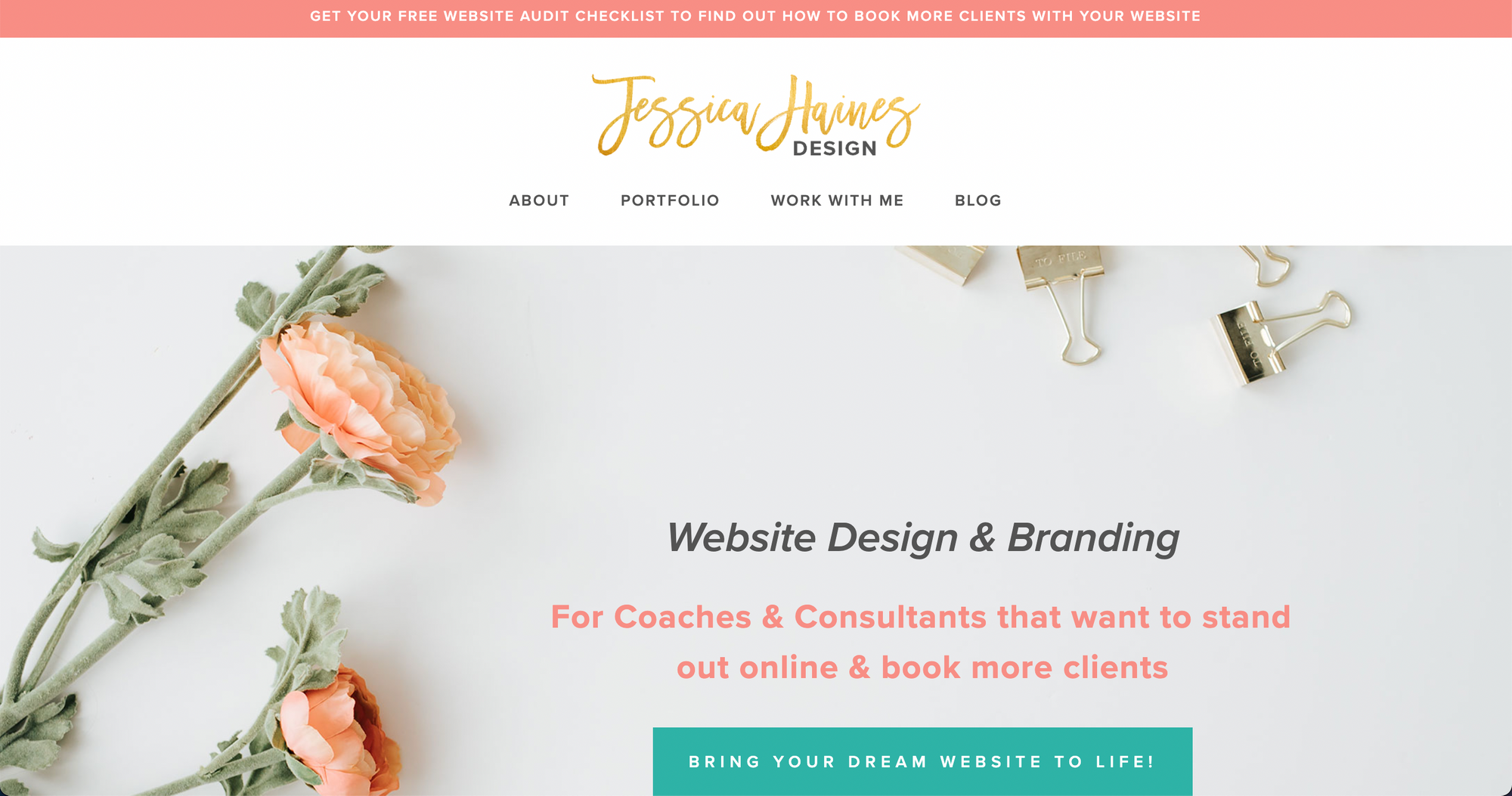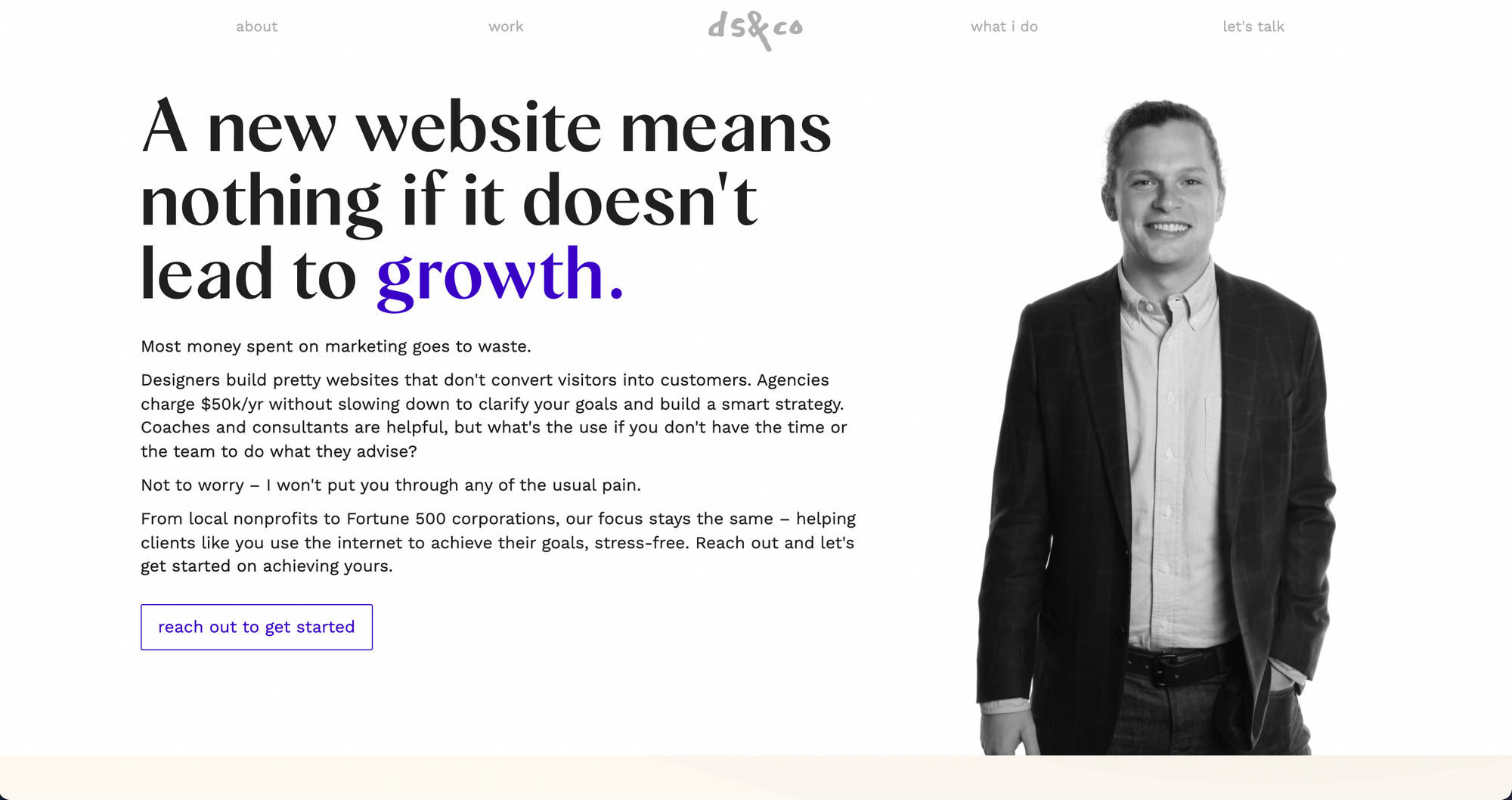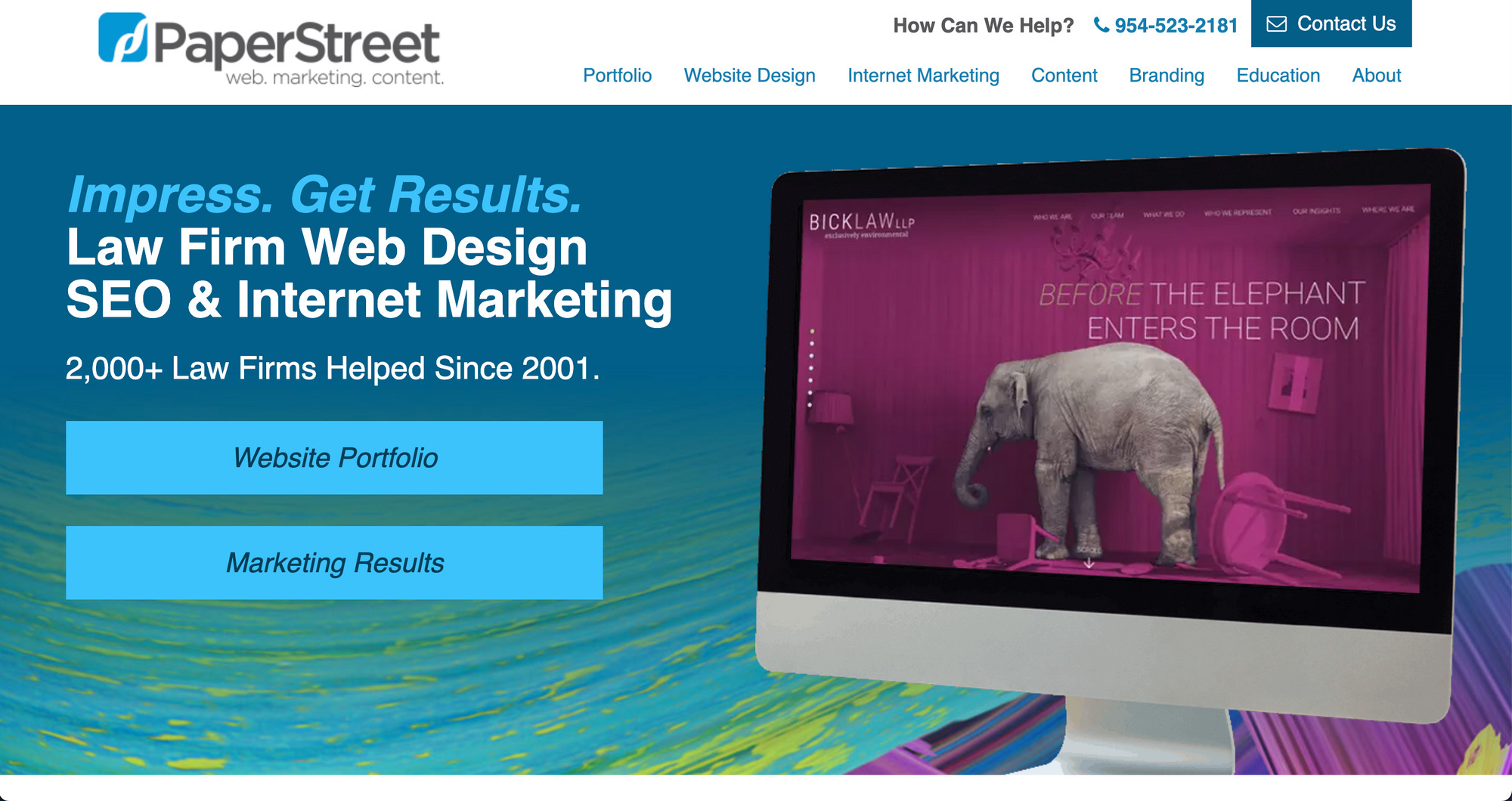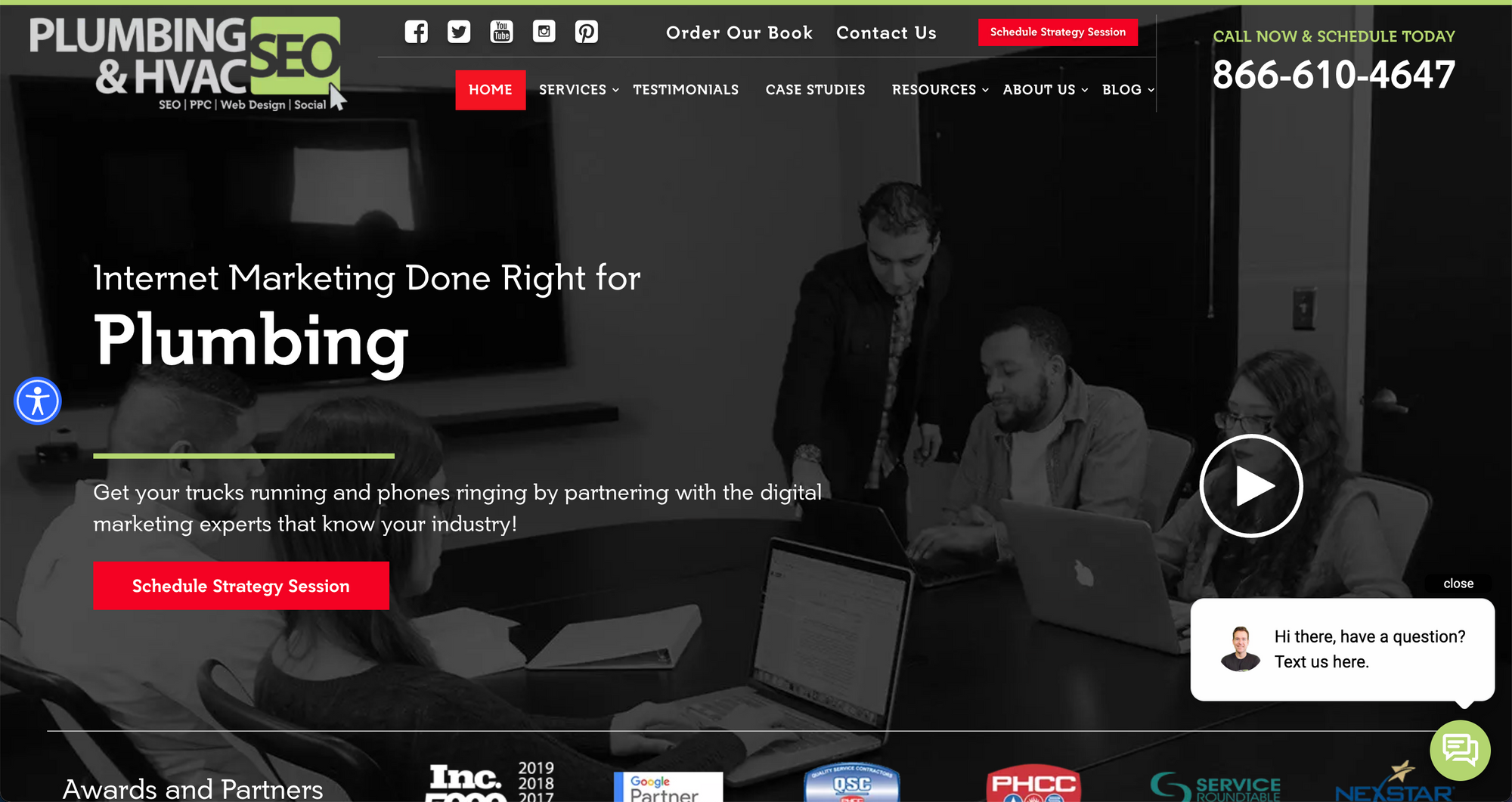By Kyle Prinsloo
People often ask me:
Should I present myself as a solo freelancer or as an agency?
In this article I will explore this idea with you and hopefully leave you with a clearer sense of direction.
TL;DR: You can do both.
The Benefits of Solo vs Agency Freelancing
Whether you approach freelancing as a solo venture or as an agency, there is no doubt that it has a ton of great perks.
First, there are some general benefits to freelancing that are more objective and approach-agnostic:
Freelancing gives you freedom
Starting with freedom in this list of benefits is simply to get it out the way. It’s the most widely-touted benefit, and is one reason many freelancers give as their reason for getting into freelancing.
In short, you are your own boss and in control of your time.
Freelancing lets you control client interactions
Working for a company as a full-time employee or as a web consultant means that you have very little control over what kind of work you get. In other words, you can’t say no to a client because you’re not actually dealing with the client.
This can result in you working on projects you don't enjoy or like. Sure, you could change jobs or request a specific kind of project if you’re an employee but this has inherent risks and isn't always an option.
Freelancing solves this for the most part. Once you're established, if you like a project, you take it on. If you're bored or uninterested in what a client wants done, you turn their project down. Your financial situation and future aspirations will determine the degree of leeway you have with turning clients down but ultimately the decision is yours.
Having this decision under your control means more than just accepting or rejecting a client. It means being able to zoom out and decide on a direction you see yourself taking in terms of the kind of work you want to be known for as a freelancer.
This has implications for your overall work satisfaction and ability to find profitable avenues of web freelancing income in the form of specific niches.
Freelancing removes the income ceiling
The lack of a salary contract with an employer opens up a whole new world of earnings possibilities.
While billing a client can be a complicated issue, it does allow for you to remove the earnings cap that you had when working a normal job. This is best achieved by charging for the value you add as opposed to billing per hour.
What's the Difference Between Solo and Agency Freelancing?
As for the tasks you'll perform, there's really no difference.
A freelancer and agency can do exactly the same thing.
The main differences, are:
- Solo freelancers generally take on smaller projects.
- Agencies often have a team, so they can take on more projects.
- Agencies can be sold, so that can be something to work towards as a freelancer.
The approach you choose does not change the fact that you will be dealing with clients, designing and building websites, adding features, taking care of client relationships, and managing all the other nuts and bolts required to get a client’s project up and running well.
You can see this by taking a look at the websites of solo freelancers and those of agencies.
If you look at a solo freelancer’s website, you will typically see that it consists of a number of sections which include a skillset, work experience, and a contact form.
The general message that a freelancer is typically trying to give across is one of “This who I am, this is what I’m skilled at, and this is how you can contact me."
Here are two great examples:
Jessica Haines - Freelancer for Coaches & Consultants

Dylan Spencer - Generalist Freelancer

An agency website will show how they are equipped to solve your particular problem in an expert manner.
Agencies are also often focused on a particular niche which is an avenue for real profitability.
Here are two great examples:
PaperStreet - Agency for Law Firms

PlumberSEO - Agency for Plumbers

The whole aura of these kinds of websites are generally more professional than solo freelancer portfolio sites and, as such, they attract a different kind of clientele.
The Natural Progression: Solo to Agency
The start of your freelancing journey can be intimidating and can bring up many uncertainties for those who don’t have the right guidance. One thing that is definitely not uncertain is the question about whether you need a website when you start your freelance journey.
The answer is a resounding “Yes”.
As a solo freelancer, your personal website serves as an online portfolio showing proof of good work that you’ve done. It also allows prospective clients to see if your skills match up with what they require and, if you so choose, it provides a glimpse into who you are as a person.
It’s fair to say that many, if not most, solo freelance sites are in fact just personal portfolio sites.
This is a logical way to start the freelance journey as it gives people a central place to view you in a professional freelance capacity and is the route most take when starting their freelance journey.
As you start landing more and more clients, you may feel the need to get additional help to assist with the workload. This can lead to the opportunity to outsource some of your work and serves as a good time to maybe transition to fashioning your online image as an agency.
Again, the difference here is largely cosmetic but I know that I would feel far more comfortable outsourcing work and using it for client deliverables if I was viewed as an agency.
Another reason to start transitioning to working as an agency once you’re comfortable with the general ins and outs of freelancing, is that you can now easily add additional services to your professional offering without worrying if you’ll actually be able to do the work.
Should You Choose a Solo or an Agency Approach?
People are often too concerned about choosing between building a solo freelancer site or an agency site when they should really just be focused on getting started on one or the other.
As beginner freelancers transition into more experienced operators, it makes sense to transition to an online presence representing that of an agency.
However this may not be the right way to go if you rather want to go the route of building a personal brand.
Personal brands can be powerful if executed correctly so a great portfolio site can be the catalyst for going down this road.
Most freelancers will be better equipped to start off with a personal site and then transition to an agency site as they grow in confidence, team, and capability.
To your freelancing success,
Kyle
